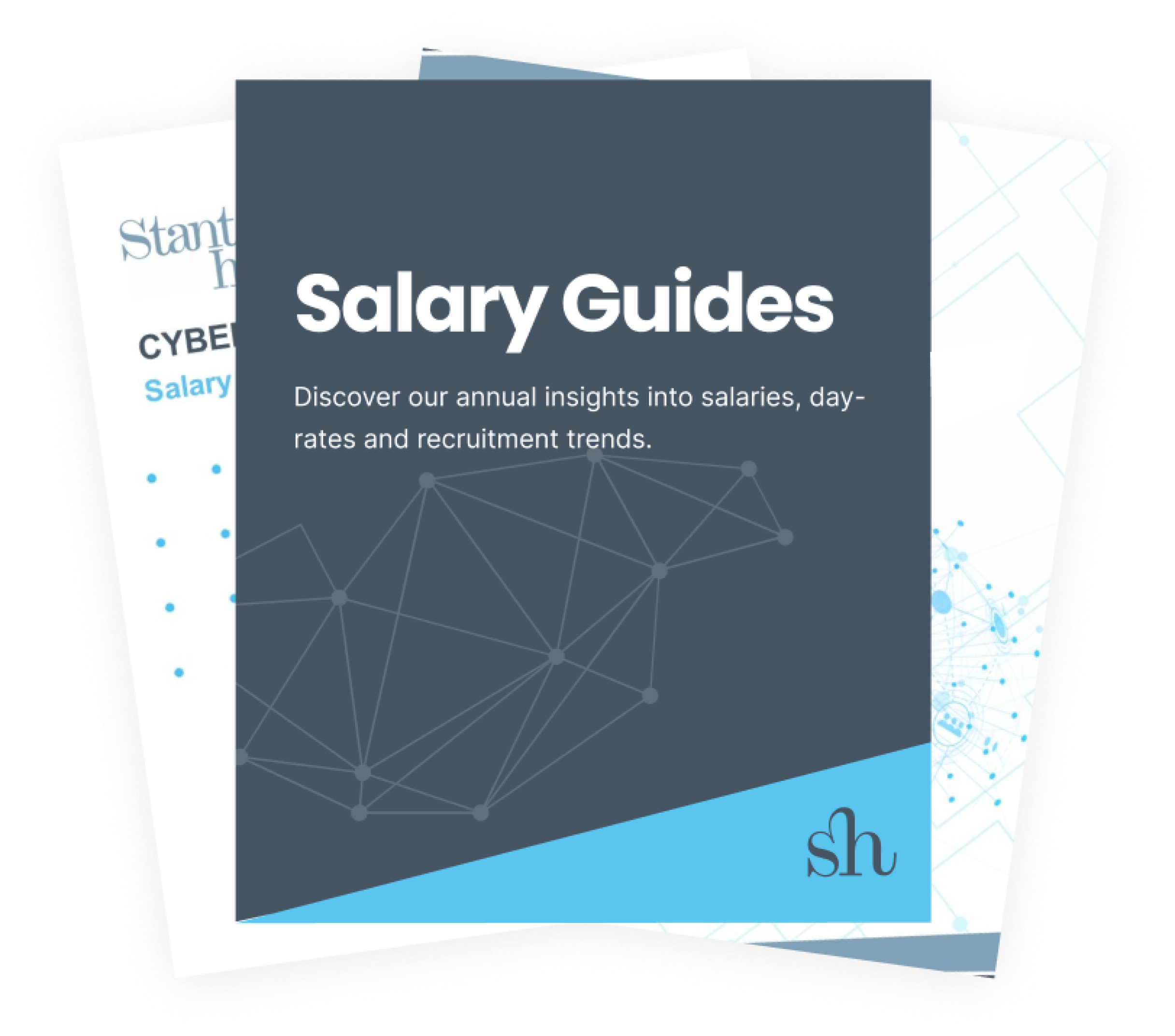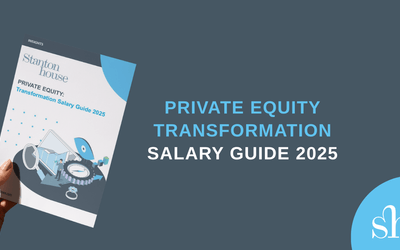
Change & Transformation Recruiting Trends 2024
While we have seen steady demand for skilled transformation specialists, there have been significant macro-economic challenges for organisations to navigate. Yet as businesses strive to negotiate evolving market dynamics and embrace digital innovation, the need for qualified individuals continues to grow. In this blog I will pick out the major trends that will influence the market for Change & Transformation specialists this year.
A Rise In Transformation Expertise
Enterprise-wide transformation initiatives such as corporate transactions and Target Operating Model (TOM) transformations encompassing people, processes and technology are still very much on the agenda in 2024. There is also a strong focus on specific areas such as process improvement, customer experience enhancement, technology stack refreshes, system migrations and upgrades, infrastructure upgrades as well as cloud implementation. These programmes are often interconnected and run concurrently (they are not mutually exclusive).
Specific Skills Shortages
Companies are becoming increasingly prescriptive about the skill sets they desire. There is however a misguided perception that there is an abundance of talent. This is often not the case and can cause delays in hiring and decision-making processes. Managing projects with existing business-as-usual (BAU) team members can also lead to projects stalling, which can harm the reputation of the transformation function.
Key takeaway: Organisations have become more cautious, expecting candidates to demonstrate high-level skills to secure the top roles. CVs must be fine-tuned, and interview technique polished!
The Cost-Of-Living Crisis
Organisations are still under pressure to reduce costs while striving to achieve their business goals. To cope with limited resources, companies will explore new and creative ways to manage activities, such as outsourcing and leveraging technology for process automation. They will also explore ways to increase efficiency by streamlining processes and reducing waste.
Key takeaway: All these factors will lead to extra resource requirements. The impact will be particularly felt at the senior end of the market, as organisations look to hire Programme and Project Managers rather than Director level roles.
Permanent & Fixed-Term Contracts (FTCs) vs. Day Rate
Many companies are still struggling with the application of IR35 and its effect on delivery-based work. The market changes of early 2023 led to a lower appetite for risk and a shift in hiring preferences towards permanent and fixed-term contract roles. Businesses must however continue to educate themselves on IR35 and how best to conduct status determinations if they want to attract the best talent.
Key takeaway: All these factors will lead to extra resource requirements. The impact will be particularly felt at the senior end of the market, as organisations look to hire Programme and Project Managers rather than Director level roles.
Hybrid & Flexible Working
We saw a move back to office life in the latter part of 2023 and these working arrangements will continue to impact salary expectations and negotiations throughout 2024. However, employers must not lose sight of the value placed on work-life balance and flexibility. Conversely, jobseekers must also recognise that the salaries offered back in 2022 were not a true reflection of market rates given the mass hiring sprees that were evident at the time.
Key takeaway: Rates and salaries rose to unsustainable levels in 2022, which levelled off in 2023. Expect little upward movement in compensation in the first half of 2024.
Final Thoughts
Despite economic forecasts indicating low growth for the UK economy, the demand for highly skilled Change and Transformation specialists will remain buoyant in 2024. Companies looking to streamline operations and cut costs will come to increasingly rely on the array of skill sets, which we outline in the next section below, particularly for their digital transformation programmes.
To attract top talent, employers must create compelling Employee Value Propositions (EVPs) ensuring that they offer competitive salary and benefits packages. Flexible/hybrid working must be a focal point. Recruitment processes must also be slick with the candidate’s experience front and centre. A blanket ‘inside’ IR35 approach will significantly reduce the size of the available talent pool.
Jobseekers on the other hand must remain realistic when it comes to their salary expectations - they cannot expect the same levels of pay that they enjoyed during and shortly after the pandemic. And given that some companies are hiring with caution, individuals must know how to sell themselves to stand the best chance of securing top jobs.
Download Our Salary Guide
Change and Transformation candidates and the employers hiring them always ask for our advice when it comes to compensation. With deep specialism and market knowledge across different industry sectors, we are in a strong position to provide day-rate, FTC and permanent salary guidance, for different Change and Transformation roles, across the UK.
Download you copy of our salary guide and discover complete coverage of all the key job roles and rates, which you can use as a benchmarking tool to ensure you offer the right level of compensation to compete in the marketplace. We look forward to continuing this conversation with you and supporting you with your professional career or hiring needs.



















